What to Do After You Overeat

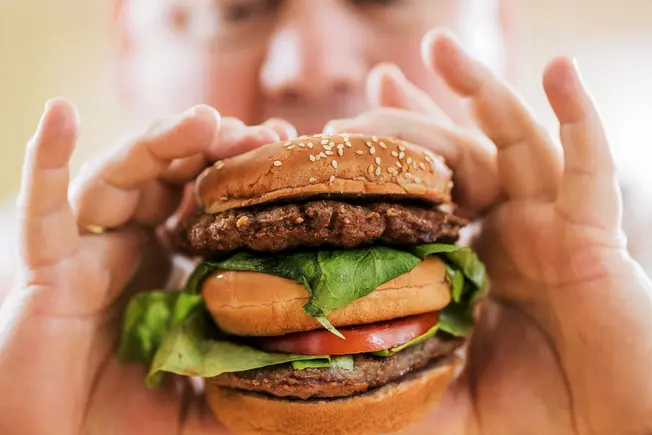
Relax
Don’t beat yourself up. One over-the-top meal won't ruin your health. Plus, too much guilt about eating habits can lead you to deny yourself. This can make you feel deprived and then cause you to binge again in an unhealthy cycle. Instead, decide what you'll do differently in the future, especially in the days that follow.
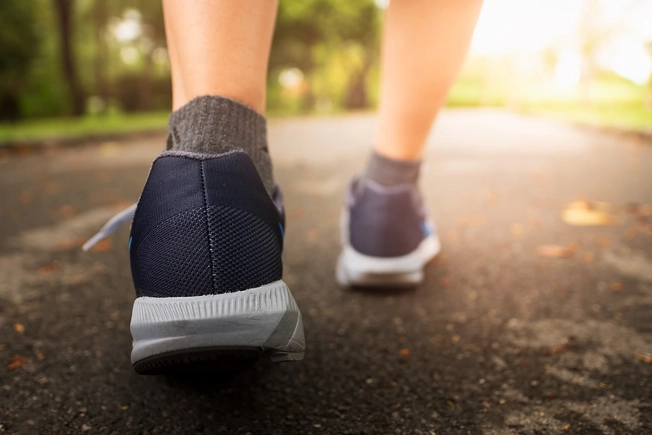
Take a Walk
An easy stroll will help stimulate your digestion and even out your blood sugar levels. Or go for a leisurely bike ride instead. But don’t overdo it. A real workout could send the blood to your legs instead of your stomach, which could slow digestion.

Drink Water
Don’t chug it by the liter until you feel sick. Just sip on a cup of water (about 8 ounces) after a big meal. It can help your body get rid of excess salt you likely got from your meal. It can also keep you from getting constipated. Continue to drink water over the rest of the day to keep yourself hydrated.

Don’t Lie Down
That means no naps (unless you can do it standing up). First, you lose the chance to burn off some of those calories you just ate by, say, doing the dishes or going for a walk. Also, when you lie down with a full stomach, food can work its way back up. This can slow digestion and worsen acid reflux (GERD). The couch will have to wait until your food has time to settle.

Skip the Bubbles
If you’ve already overdone it, carbonated drinks may not be a great idea. When you drink them, you swallow gas that can fill up your digestive system. This will make you feel even more bloated. You burp some of it away, and the rest moves through your digestive system until you pass it as gas.
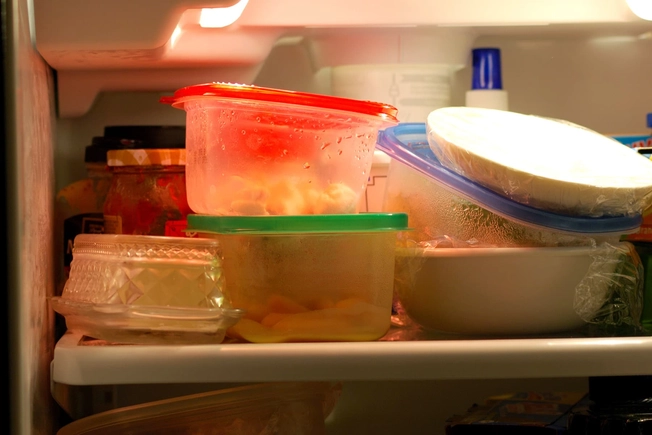
Give Away Leftovers
If you still have food left after a meal, it might make you think you've eaten a healthy amount even though you've actually eaten too much. Some research suggests that this could make you eat more and exercise less later. If you keep leftovers, it may help to divide them into single servings so you don’t overdo it next time. Don’t keep calorie bombs like grandma’s pecan pie in the kitchen if you know you can’t resist.
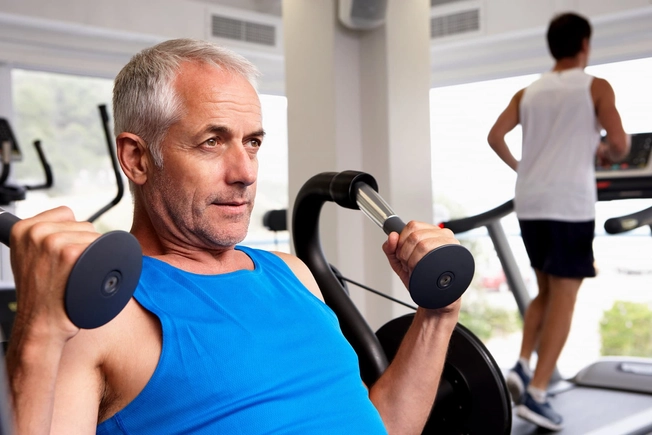
Work Out
After some time has gone by, work up a real sweat: Run, lift weights, play basketball. It’s best to wait at least 3 to 4 hours after a big meal. It will burn off some of those extra calories. It may also help jump-start your metabolism and prevent constipation. And regular exercise seems to help control mood and hunger so you’re less likely to overeat in the future.
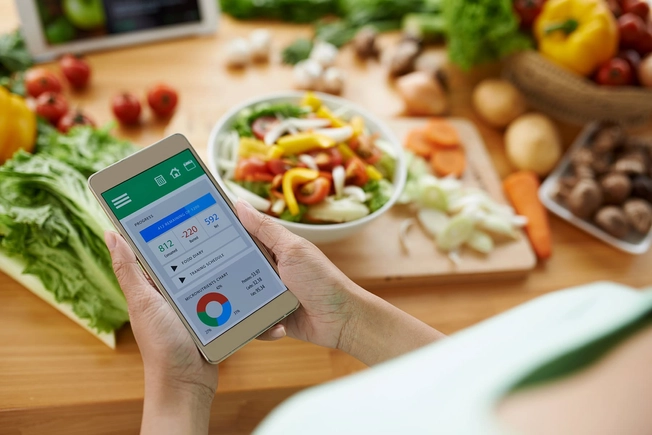
Plan Your Next Meal
You can’t “uneat” that third slice of turtle chocolate cheesecake at your brother’s birthday feast. But you can prepare so you don’t overdo it tomorrow and beyond. Choose low-cal recipes and plan out your meals for the week. Set aside time to make as many of your meals in advance as possible. Phone and computer apps can help you plan it all out to the last calorie.
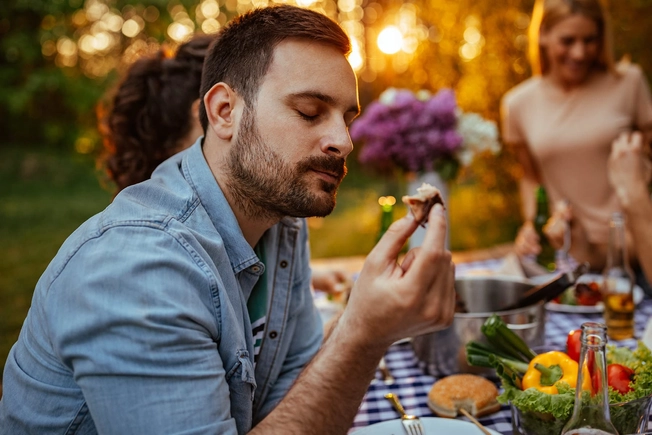
Eat Mindfully
Try to look at eating as a kind of meditation. Pay attention to the flavor, feel, and color of your food. Think about the meal: Where was the food grown or raised? How did the cook make it? Try to take small bites and chew well. Stop from time to time and ask yourself if you feel full yet. This can help you eat less and feel more satisfied.
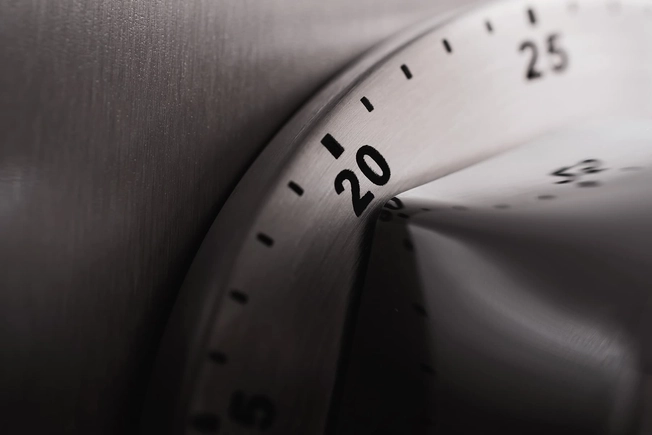
Eat Slowly
It can take around 20 minutes for your stomach to tell your brain it’s full. If you’ve already eaten too much in the first 10 minutes, you haven’t given your brain the chance to figure it out. Half an hour later, you’re sure to feel uncomfortable from too much food. Slow down and you may find that not only do you eat fewer calories, but you also feel more satisfied.
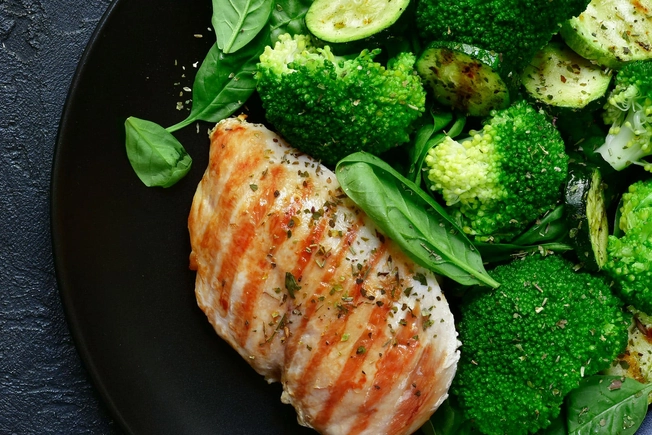
The Old Switcheroo
You can eat more food with less calories if you switch out foods like fatty meat, white bread, and french fries for healthier choices. Think vegetables like broccoli, yellow squash, asparagus, and salad greens. Whole grains are better than white rice or pasta because they have more protein and fiber. This will help keep you satisfied longer so you’ll eat less.

When to Seek Help
If you often eat until you’re too full or even sick, you could have what's called binge eating disorder. You might hide it from others. You may feel ashamed or disgusted after you eat too much. It may seem like you can’t stop even if you want to. Over time, it can take a serious toll on your body as well as your mental health. Treatment can help, so talk to a doctor if you’re worried.
